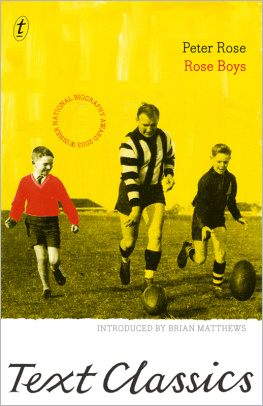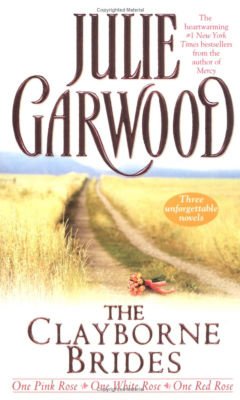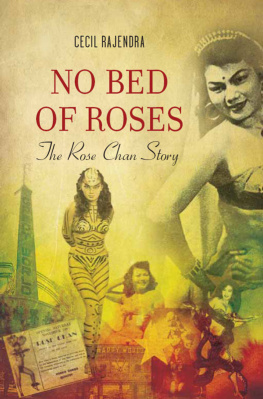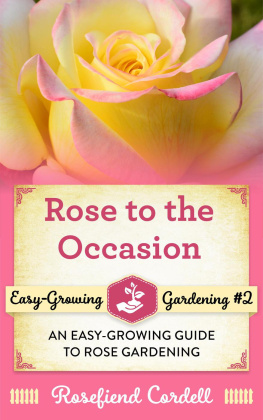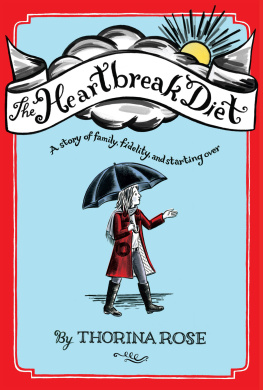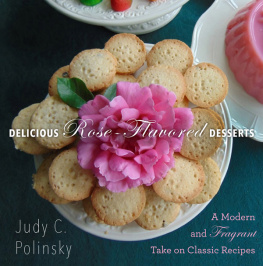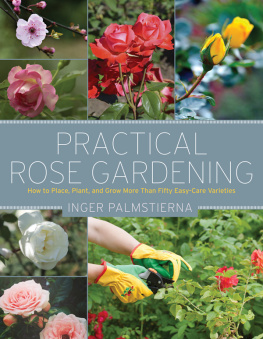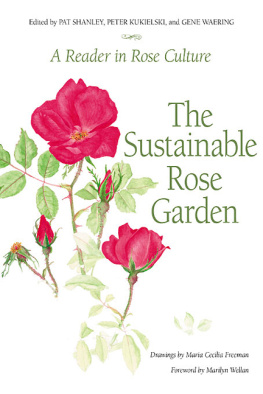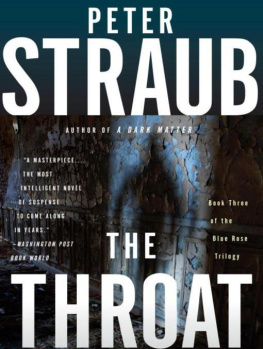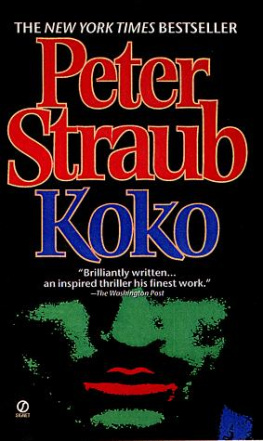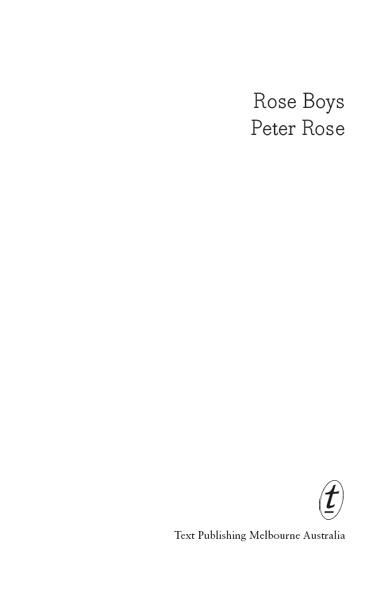

PETER ROSE was born in 1955 and raised in Wangaratta, in northern Victoria. His father was a legendary player for, and later coach of, the Collingwood Football Club. His older brother also played for Collingwood, and opened the batting for the Victorian state cricket team.
After graduating from Monash University, Rose became a bookseller and eventually began working in publishing. His first book of poetry, The House of Vitriol, appeared in 1990.
Throughout the 1990s Rose was a publisher at Oxford University Press in Melbourne. During this time he produced two more volumes of poetry: The Catullan Rag (1993) and Donatello in Wangaratta (1998).
In 2001, two years after his brothers death, he published Rose Boys. Critically acclaimed and the winner of the 2003 National Biography Award, the memoir became a bestseller.
Rattus Rattus: New and Selected Poems and A Case of Knives, Roses first novel, were published in 2005. Roddy Parr, another novel, followed in 2010. His fifth collection of poetry, Crimson Crop, won a 2012 Queensland Literary Award.
Peter Rose has edited two poetry anthologies and his literary journalism has appeared in many publications. Since 2001 he has been the editor of Australian Book Review.
BRIAN MATTHEWS has been a weekly columnist for the Weekend Australian Magazine. Louisa, a life of Louisa Lawson, won the 1987 ALS Gold Medal; A Fine and Private Place, a memoir, won the inaugural Queensland Premiers Literary Award for non-fiction; and Manning Clark: A Life won the 2010 National Biography Award.
ALSO BY PETER ROSE
Fiction
A Case of Knives
Roddy Parr
Poetry
The House of Vitriol
The Catullan Rag
Donatello in Wangaratta
Rattus Rattus: New and Selected Poems
Crimson Crop
textclassics.com.au
textpublishing.com.au
The Text Publishing Company
Swann House
22 William Street
Melbourne Victoria 3000
Australia
Copyright Peter Rose 2001
Introduction copyright Brian Matthews 2013
All rights reserved. Without limiting the rights under copyright above, no part of this publication shall be reproduced, stored in or introduced into a retrieval system, or transmitted in any form or by any means (electronic, mechanical, photocopying, recording or otherwise), without the prior permission of both the copyright owner and the publisher of this book.
First published by Allen & Unwin 2001
This edition published by The Text Publishing Company 2013
Cover design by WH Chong
Page design by Text
Typeset by Midland Typesetters
Printed in Australia by Griffin Press, an Accredited ISO AS/NZS 14001:2004
Environmental Management System printer
Primary print ISBN: 9781922147202
Ebook ISBN: 9781922148278
Author: Rose, Peter, 1955
Title: Rose boys / by Peter Rose; introduced by Brian Matthews.
Series: Text classics.
Dewey Number: 796.358092
CONTENTS
Extreme Days
by Brian Matthews

ROSE Boys begins on 22 August 2000 in an upstairs study in Adelaide, not far from St Peters Cathedral, where for the moment the bells are blessedly still. Further down the road from St Peters, and in sound of the bells when they are in full voice, is the Adelaide Oval, perhaps the most beautiful of Australias cricket grounds, and the venue for a Sheffield Shield match between South Australia and Victoria in January 1973. Forced to follow on after being 205 runs behind on the first innings, Victoria was rescued by an opening partnership of 217 between Paul Sheahan and Robert Rose, who batted for five hours to make a dogged 94.
Reading through family records in the silence of that upstairs study, Peter Rose relives scenes from his boyhood with his brother, Robert, and their parents, Elsie and Bob (one of Collingwoods greatest footballers); but it seems there is no escaping a truth that is as insistent as the cathedral bells when the hour turns. Too quickly, brutally, a random choice opens his brothers scrapbook at a front-page story drawn from the Melbourne Herald of 15 February 1974ROSE PARALYSED IN CAR ROLL, runs the headline. The Australian that same day is unequivocal: CRICKET, FOOTBALL STAR IS PARALYSED.
No matter what diversions the scrapbook turns upa riotous wake after the Magpies legendary 1970 Grand Final defeat; the moods of coach Jock McHale; Bob and Elsies courtship and marriage; flashing scenes of young Robert, the brilliant batsman and mercurial footballerthe merciless narrative to which Peter Rose has tentatively, fearfully committed himself will out. About to turn away from the scrapbooks intolerable reminders, the pasted-in clipping about the transformation wrought by a driving accidentjust another of our crashesand a second or two in time, Rose is brought back into the unremitting penumbra of memory, the unreachable silence of the dead and, above all, the unanswered questions the dead leave in their wake.
And so the first chapter, Scrapbooks, a skirmishing with the pastnow intense and tight-lipped, now genial and indulgentbecomes a magnificent prelude to confronting again the pain that awaited the Rose boys and all their family when Roberts Volkswagen spun off the road near Bacchus Marsh on St Valentines Day in 1974.
What exactly is the message of Robert Rose? One year after his death, twenty-six years after just another of our crashes, knowing the effect it had on his family and friends, and thousands of others who hardly knew him, I want to go back there, I want to examine my brothers life and reanimate himHere, in my Adelaide eyrie, with my documents and my pent cathedral bells, I want to examine his achievement, what he symbolised, what he gave and what he withheld, what he divulged and what he never said, as a son, as a brother, as a husband, as a mate, above all as a tragic victim of that second or two in time.
And so I hold on to the outsize scrapbook for a while longer. It is time to listen to my brother whose message, laconic but self-evident to many in his life, I somehow never fully heeded
Again I turn to the handsome lad, the vaunted youth, the rage recruit, and will him to speak to me.
Like all fine, evocative prose, Roses splendid re-creation of the place and mood in which he set out on his memoir journey has echoes of, and is intensified by, other voices seeking the same truths: his fellow poet Kenneth Slessor, for example, who, willing the dead to speak to him, hears only five bells coldly ringing outthe bumpkin calculus of Time.
Rose Boys is the story of Robert Roses transformation from a quintessentially Australian sporting life of brilliance, promise and sheer physical energy to the confined and cribbed world of the quadriplegic. More broadly, it is the wrenching account of a family living for a quarter of a century in the sometimes tightening, sometimes loosening, never absent grip of catastrophe.
The book begins unannounced, in a brief prologue that moves with the pace and fractured logic of a dream: Electric afternoon. Hiding from humanity, I drift through burnt spears and withered grass. My walk is soothing but fraught with snakes and goannas. They rustle in the flammable scrub, reminding me that anything can happen to a solitary. In the distance a minor cemetery catches the sunA woman appears, frantic and dishevelled
Next page
